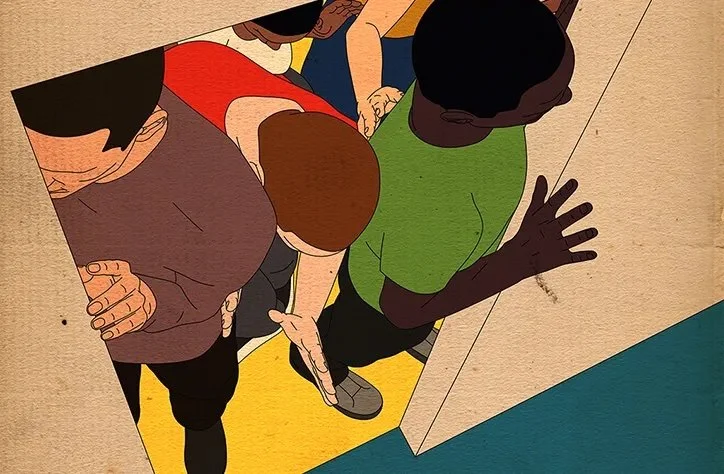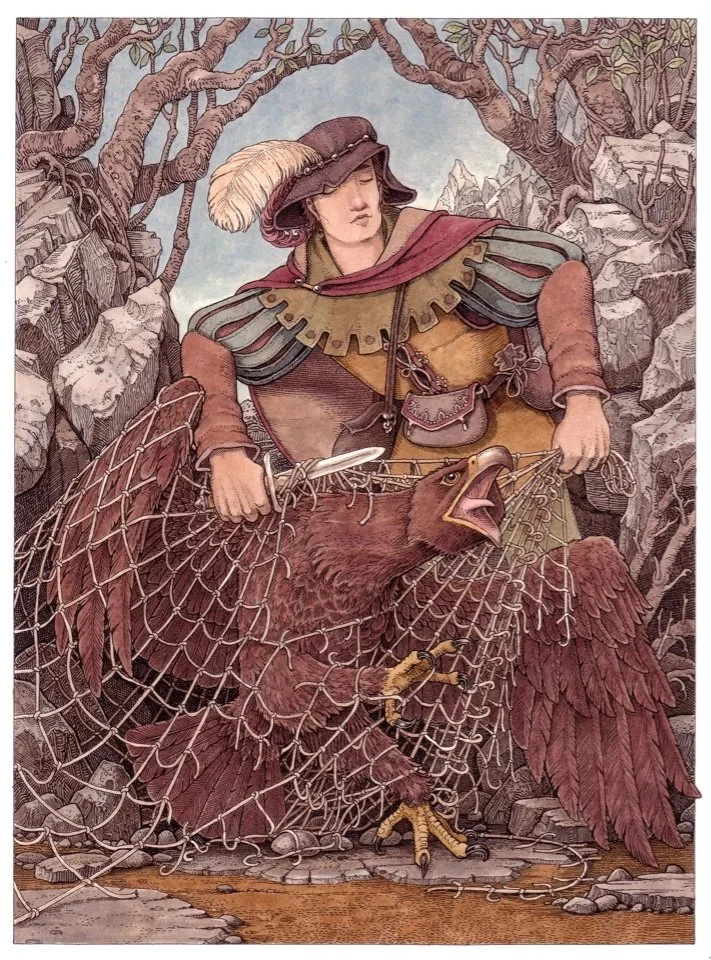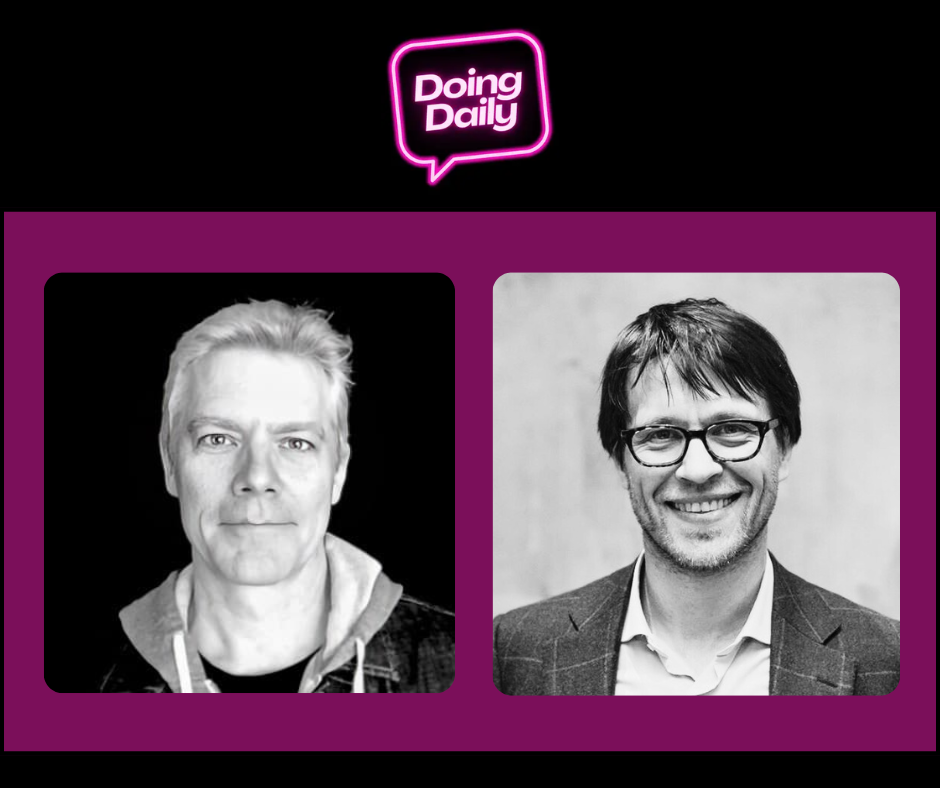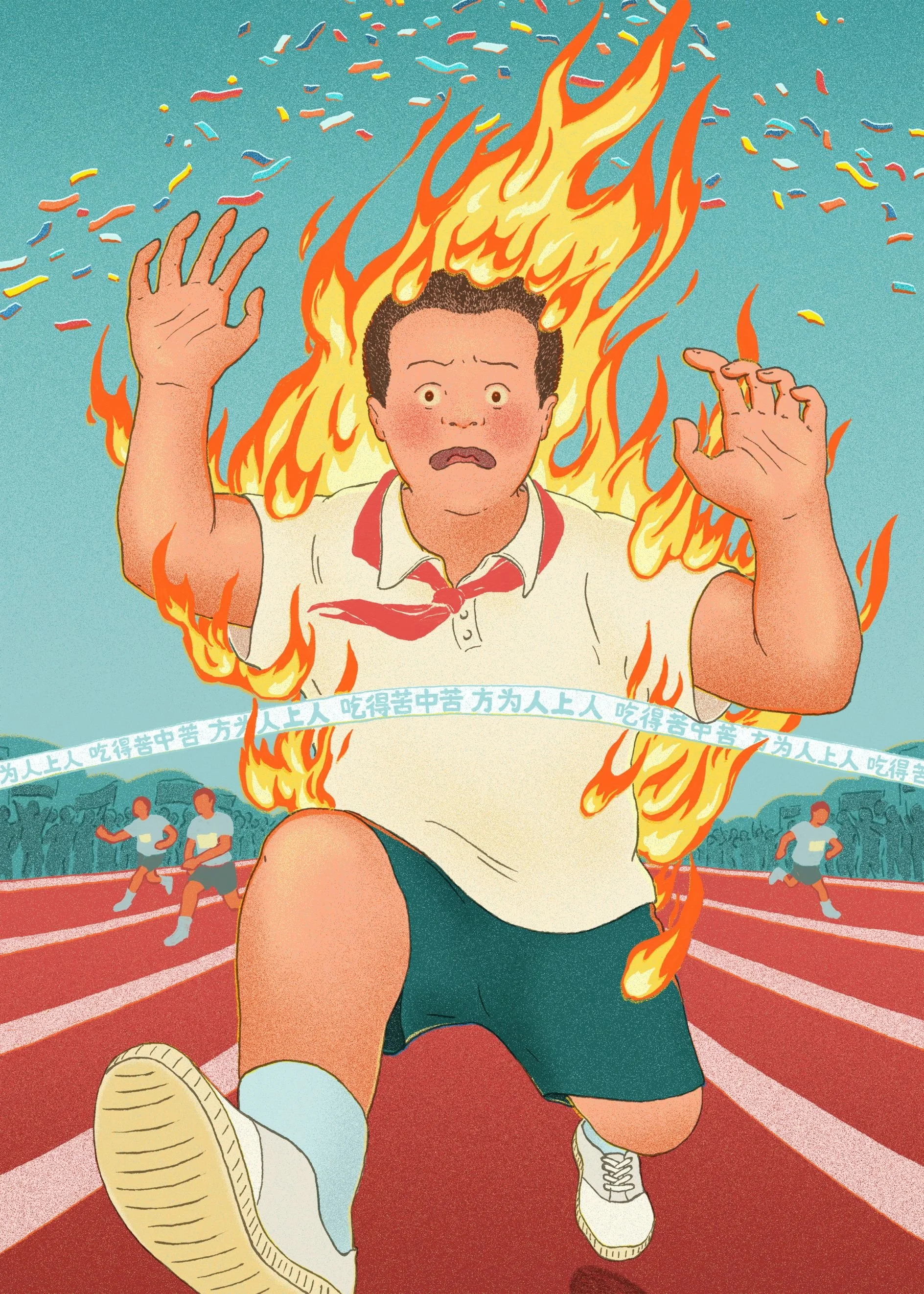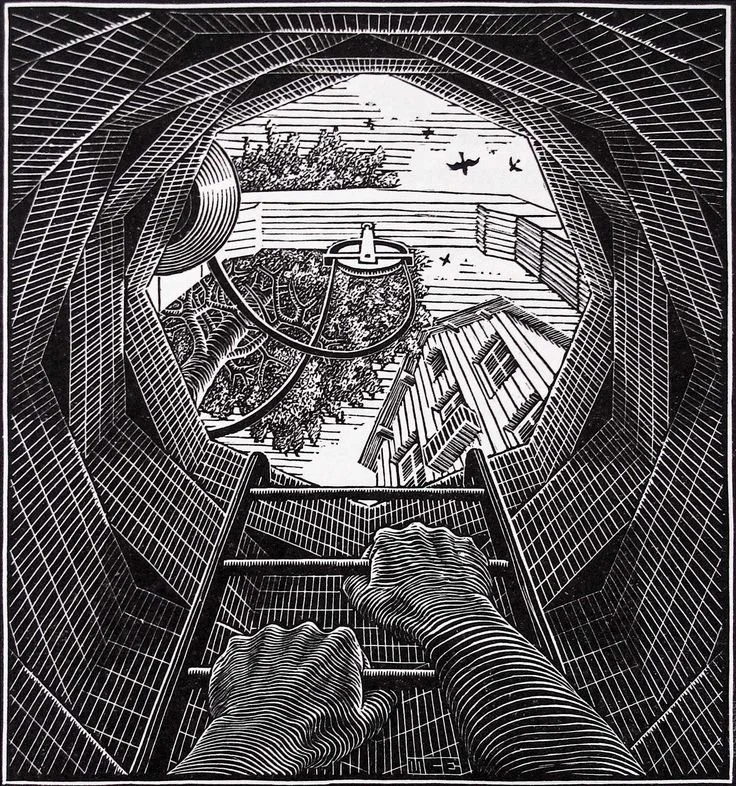Nature keeps nothing extra. Man, on the other hand, carries way too much. He either misses the value of what he has or clings too tightly to what’s long expired. Is it any wonder he’s never content?
Fate sends signs, gently nudging him: “Enough, let go. Here’s something steadier, grander, better.” At last, fate loses patience and kicks him into a new state with force. He screams: “How sudden! How unfair!”
Buddhism says suffering comes from resisting what is. Think of holding back a hiccup, a cough, or vomit.
Some people block the flow of their lives like that. A rushing river turns into a quiet pool, then a swamp. The soil shifts, thick mud gathers, and life starts to rot. Animals leave; only mosquitoes, leeches, and toads remain.
The longer the neglect, the harder it is to clear. But nothing is impossible—especially if you’re not afraid to get muddy.
Peat, a flammable fossil fuel, forms “from the natural death and incomplete decay of swamp plants in wet, airless conditions” (Wikipedia). Unlived emotions, grudges, compromises, fears, and forgotten dreams simmer long within, becoming a black treasure.
The question isn’t what you have, but how you use it.
Sincerely yours,
-Alexander
About me:
As a business therapist, I help tech founders quickly solve dilemmas at the intersection of business and personality, and boost company value as a result.
How can I help you?
If you've long been trying to understand what is limiting you and/or your business and how to finally give important changes a push, then The Catalyst Session is designed specifically for you. Book it here.





